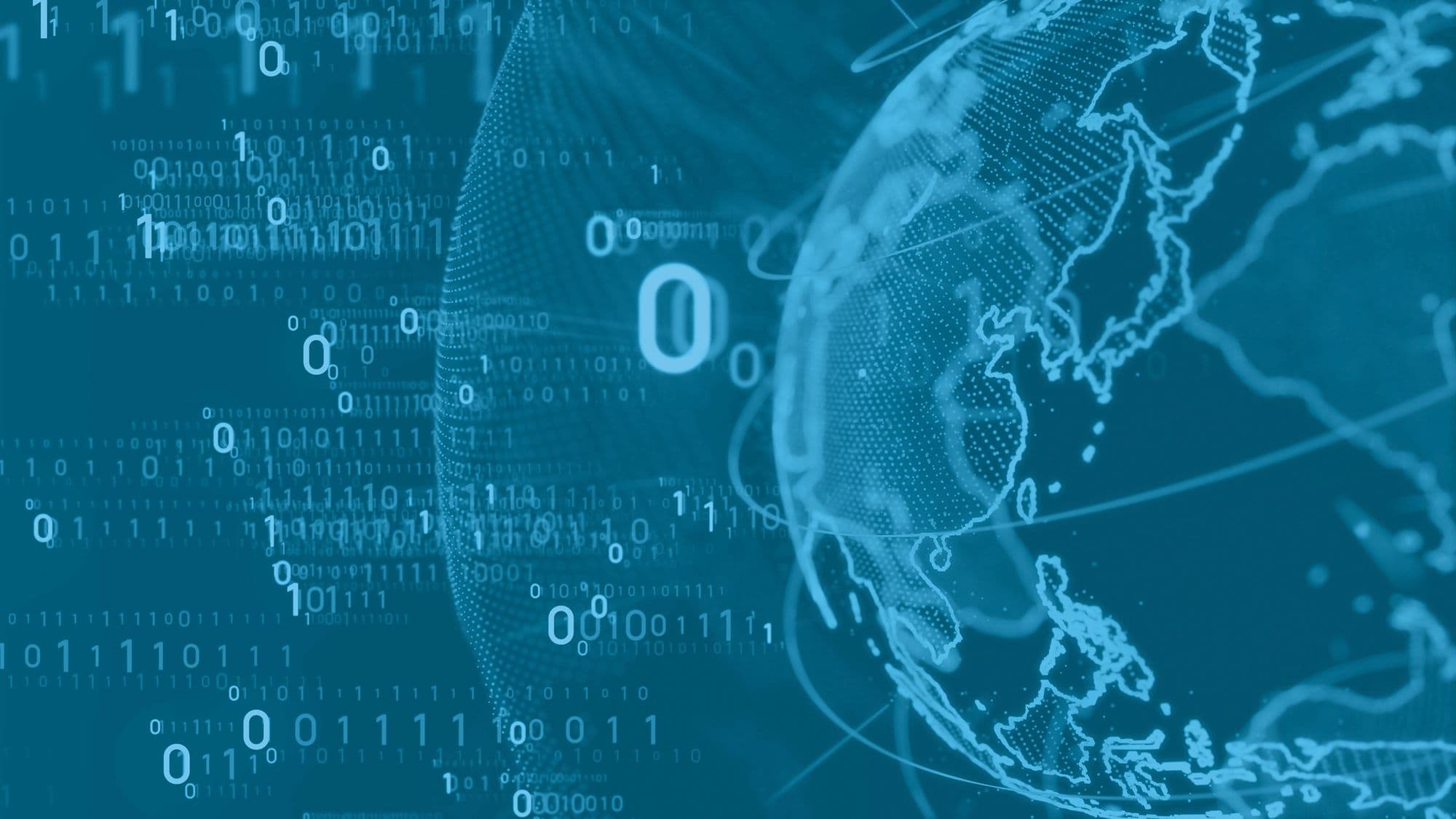The Japanese economy is massive, global, and varied. It is also a major target for cyber threat actors. As a hub for automotive, manufacturing, technology, and financial services, Japanese companies and organizations face significant cyber risk. There is nonetheless relatively little English-language coverage of Japan’s cyber threat landscape.
In a new report released today by Rapid7, Principal Security Analyst, Paul Prudhomme, analyzes the threat landscape of the third-largest economy in the world and enumerates threats across Japan’s main industries as well as some of the largest cyber concerns affecting those companies, such as ransomware and cyber espionage.
Perhaps the most important takeaway from the report on Japanese cyber threats is that the biggest risk to Japanese companies may not even be the companies themselves. Overseas subsidiaries and affiliates offer softer targets for threat actors targeting global Japanese brands. In many of the most recent, large-scale, attacks on Japanese companies, attackers chose to compromise overseas subsidiaries or otherwise affiliated companies in other countries as a way into the networks of Japanese targets.
The report posits two potential explanations for why attackers chose to use the overseas affiliates and subsidiaries of Japanese companies as access vectors. One possible factor is the security culture in those countries and the subsidiaries themselves. Overseas affiliates may have less optimal security oversight than their Japanese counterparts. This discrepancy could be due to acquisition of overseas firms introducing existing security vulnerabilities into the parent company, or the development of separate hierarchies that are not in lock step with the security culture at a parent company. Regulatory environments vary, and business and technology habits could be different as well. There are a multitude of ways even the most secure Japanese company could be let down by their overseas affiliates.
Another reason why attackers aim to infiltrate Japanese companies through their overseas partners could be due to language barriers. There are many Japanese speakers in the world, though most are concentrated within Japan itself. Considered a challenging language to master, attackers often seek to operate within companies with a lower language threshold to clear and when access to the main target is still available through outside companies, the path of least language resistance could be ruling the day.
Ransomware
Rapid7’s research has found that ransomware is a particular threat for Japanese companies due to the large number of manufacturing and other technical companies based there. The nature of some of the data that many manufacturing organizations possess may make it harder to sell on criminal markets, making ransomware a more lucrative way to extract funds from a breached manufacturer. In fact, ransomware incidents have increased every six months between the back half of 2020—where just 21 incidents were reported—to the first six months of 2022 when 114 incidents were reported. Manufacturing is the hardest hit with one-third of ransomware attacks being focused on this one industry in the first half of 2022.
State-sponsored Threats
Japanese companies are also high-value targets for state-sponsored threat actors, with several of its neighbors posing significant threats. In fact, of the four most well-known state sponsors of cyber attacks (Russia, China, Iran, and North Korea), three of them are Japan’s neighbors and thus have reasons to target it.
Chinese cyber-espionage groups pose a significant threat to the IP of Japanese manufacturing and technology companies. As a regional competitor in these spaces, IP is a valuable resource and thus a valuable target. Chinese attackers also seem to be attempting to breach Japanese companies through their overseas affiliates and subsidiaries.
North Korean cyber criminal outfits, in contrast, prefer to steal Japanese cryptocurrency, as it is a funding source that is outside of traditional financial institutions. Cryptocurrency exchanges are not the only targets. In late 2021, a North Korean group impersonated a Japanese venture capital firm to steal cryptocurrency from individuals.
Targeted Industries
Japanese companies are major global players in the automotive, manufacturing, technology, and financial services industries. Those industries are thus among the top targets. As mentioned before, manufacturers, particularly automotive, can be subject to IP theft. Targeted data sets in the financial services industry include customer credentials and payment card details, personally identifiable information, and cryptocurrency. Technology companies are valuable targets in part because compromises of them can enable access to their customers, even including Japanese government and defense organizations.
If you’d like more information about these targeted industries check out the full report or one of our one-page briefs looking at the main points of the automotive, financial services, and technology industries.
Ultimately, Japan has a huge attack surface and is an incredibly important economy on the global stage. Its companies have global reach and are often market leaders outside of Japan. This puts Japanese companies at high risk for attacks. For more detail on what we’ve discussed in this blog (and way more detailed information about the attack surface of Japan) download the report here.

